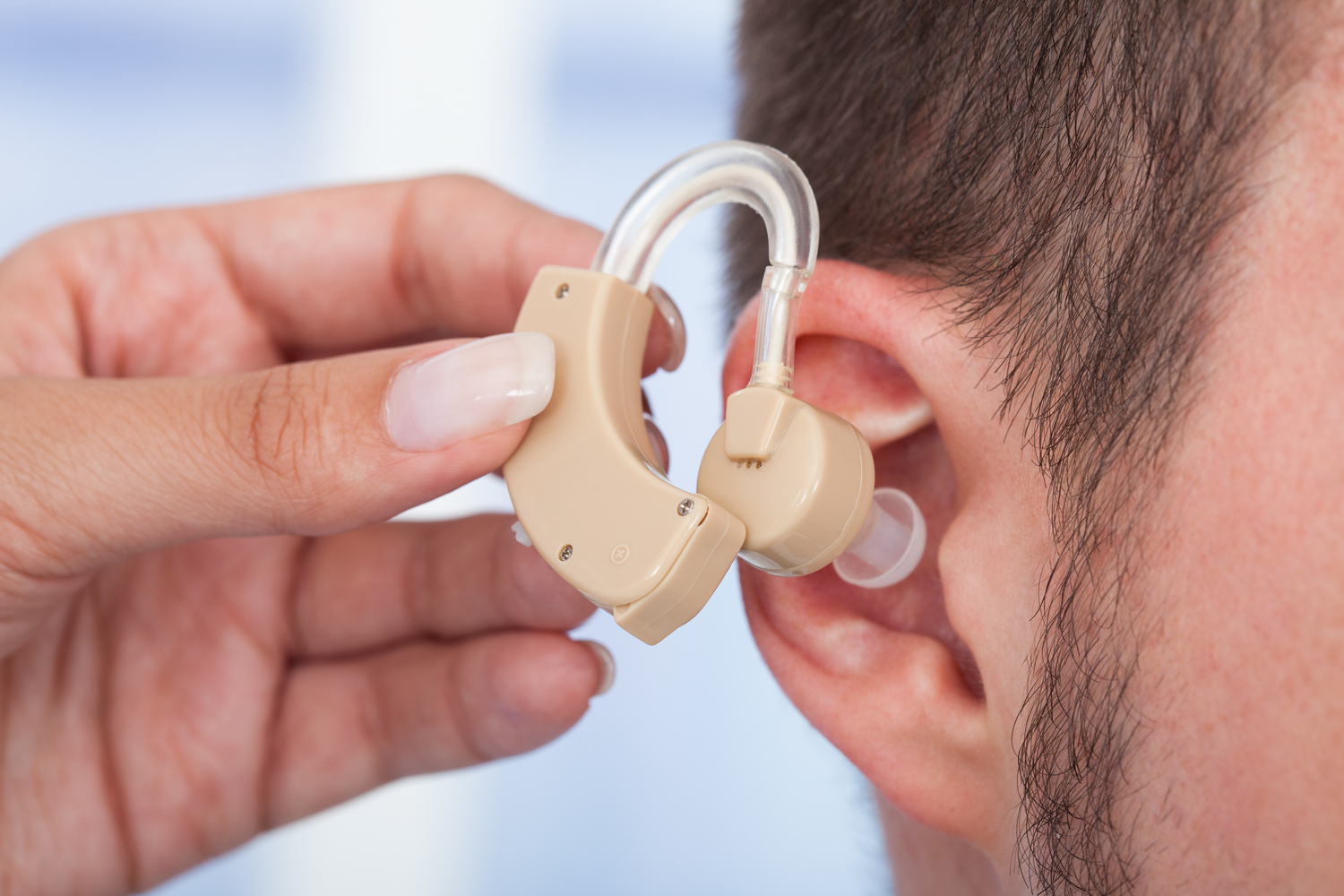
Tips for Choosing the Best Hearing Aids
If you have recently been diagnosed with hearing issues, the use of hearing aids can greatly improve your quality of life. Most hearing aids today work to amplify sound (i.e., Life Ear hearing aids). While others improve the frequency of the sounds heard by the wearer. When choosing hearing aids, there are several things you should keep in mind before making an expensive purchase:
1. Get a check-up with an audiologist
Before purchasing your hearing aids, it is advisable to get a thorough hearing exam. Audiologists are trained professionals with the relevant skills and knowledge required to perform a physical examination of the ears and other hearing tests. When you visit an audiologist, they will find out why your hearing has declined and will advise you whether you need hearing aids or not. Also, they will inform you about the foods you should eat to help.
2. Know the different styles of hearing aids
There are four common styles of hearing aids, and you should be informed on how each works to settle for the best one. The first style is the IIC, invisible in the canal, so tiny and placed inside the ear, hidden. The ITE, in the ear, and ITC, in the ear canal, are placed inside the outer year and can be seen. These two have more features because they are large. Lastly, behind the ear, the BTE hearing aids are placed and have a tube running on top of the ear. At the end of the line, the BTE aids have a microphone inserted in the ear canal. BTE hearing aids are the most common. The four different styles have different benefits, and you should discuss with your audiologist before settling for your final hearing aid selection.
3. Ask about trial periods
You can request for a trial period before purchasing your hearing aids. The trial period will help you realize whether the device will work well for you and the period it will take to adapt.
Let the dispenser note how much it costs to have a trial period and inquire whether the hearing aid cost will be included in the final price. Also, ask whether some amount can be refunded if you return the device within the trial period.
4. Plan for expenses
Hearing aids are essential investments. Different hearing aids have additional features hence the varying hearing aid cost. It would be best if you went for a hearing aid with all the parts needed to improve your hearing. You can discuss with your audiologist and ask them which support is best for you. Let them know your budget and be honest and straightforward. The audiologist might tell you the features you need to improve your problem and the optional ones. Also, you might come across reconditioned hearing aids going for lower prices.
5. Ensure the warranty
Before purchasing hearing aids, ensure it has a warranty covering the labor and cover parts for a given period. Some dispensers include professional services and office visits as part of the contract. Ensure the aid has all the necessary attachments depending on the style you have selected. Hearing aids that reduce noise have directional microphones, rechargeable batteries, telecoil, control environmental noise, and connectivity features. Inquire whether your hearing aid has all these features.



